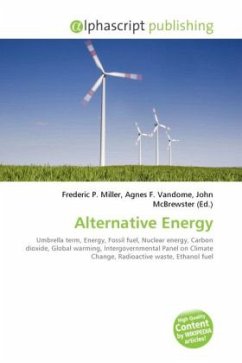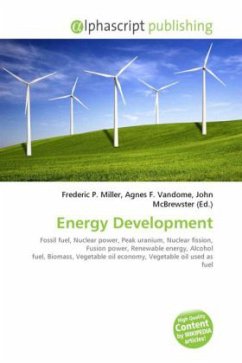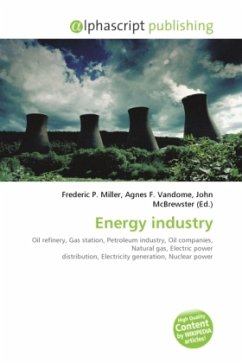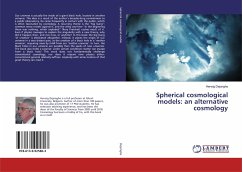Alternative energy is an umbrella term that refers to any source of usable energy intended to replace fuel sources without the undesired consequences of the replaced fuels. Typically, official uses of the term, such as qualification for governmental incentives, exclude fossil fuels and nuclear energy whose undesired consequences are high carbon dioxide emissions, the major contributing factor of global warming according to the Intergovernmental Panel on Climate Change, and difficulties of radioactive waste disposal. Over the years, the nature of what was regarded alternative energy sources has changed considerably, and today because of the variety of energy choices and differing goals of their advocates, defining some energy types as "alternative" is highly controversial. The term "alternative" presupposes a set of undesirable energy technologies against which "alternative energies" are opposed. As such, the list of energy technologies excluded is an indicator of what problems that the alternative technologies are intended to address. Controversies regarding dominant forms of energy and their alternatives have a long history.








